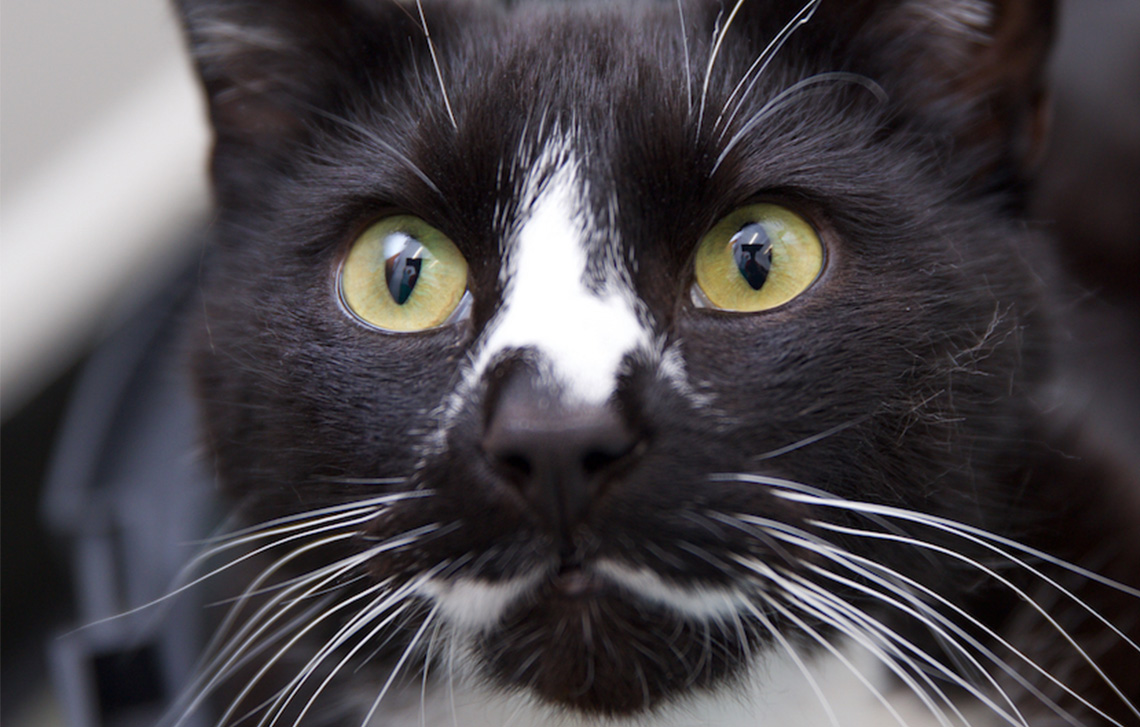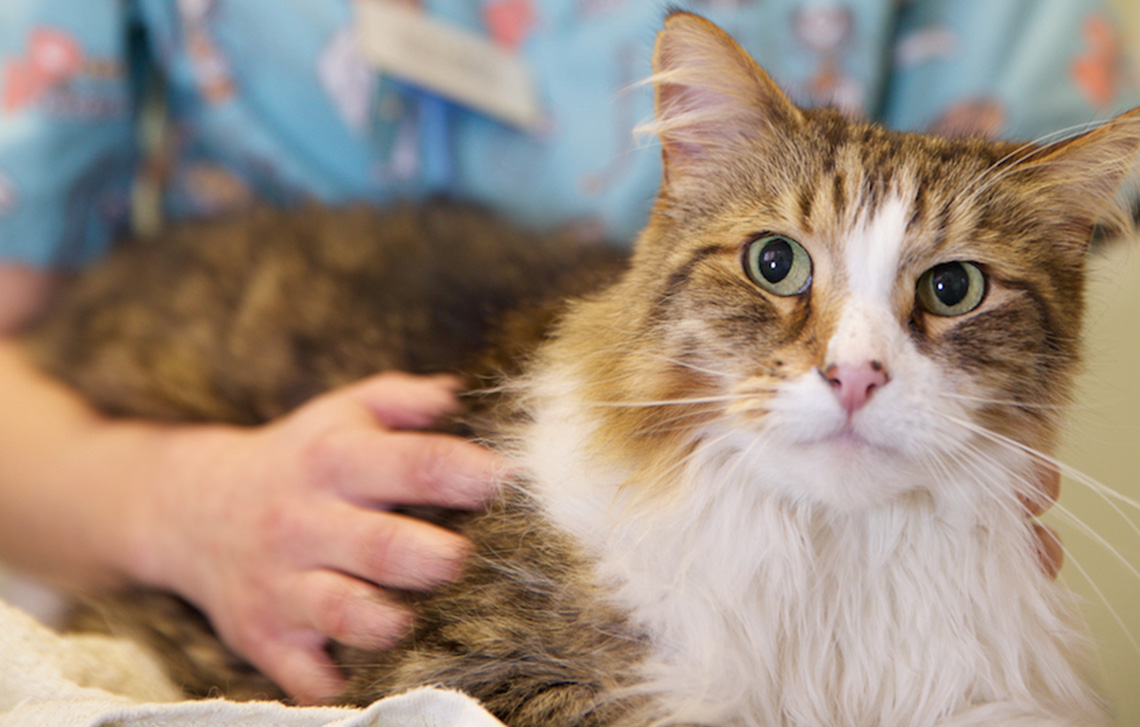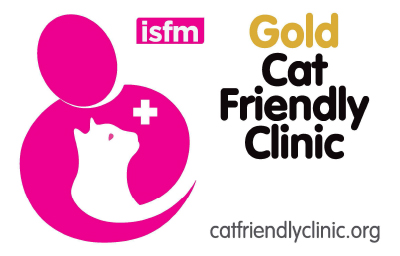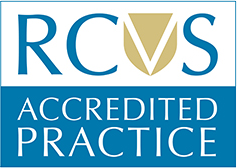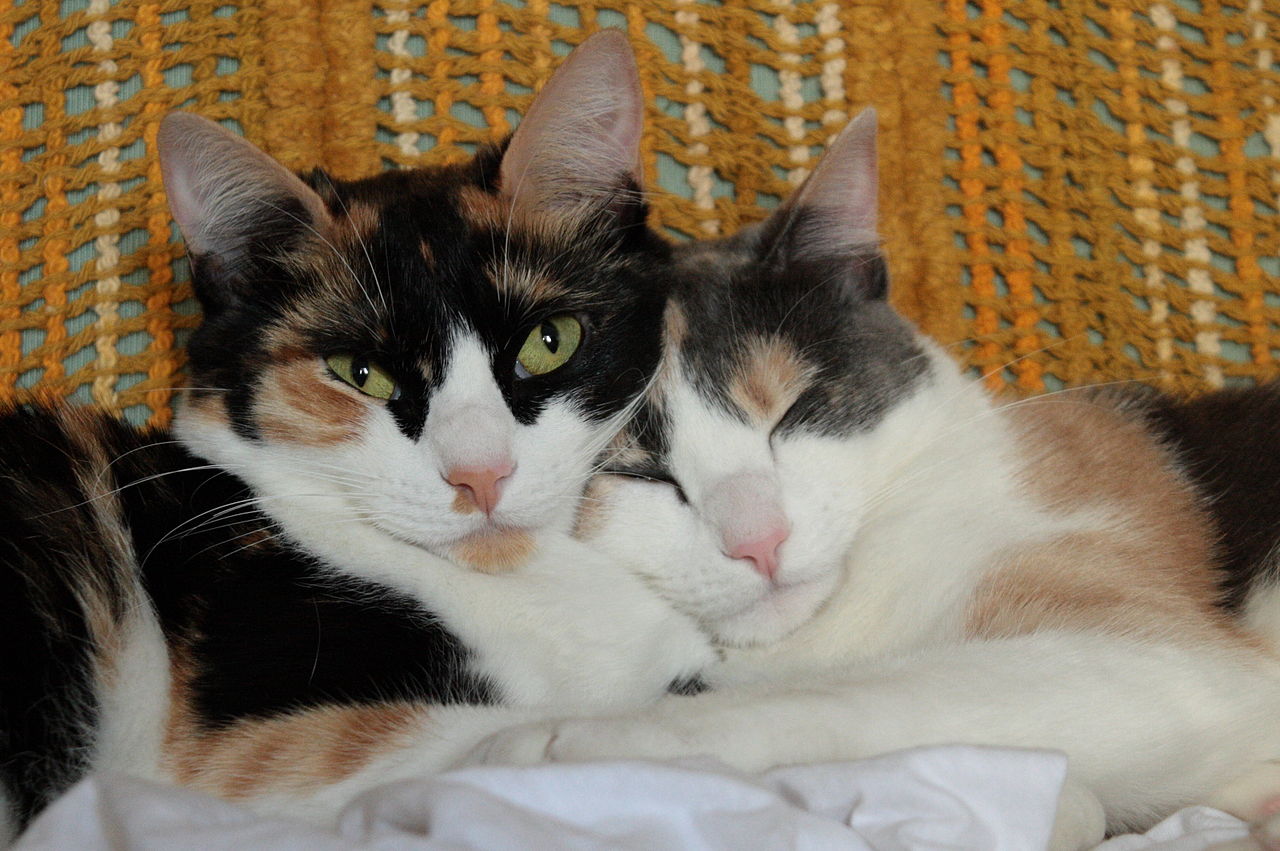
Infections diseases are common in cats and you can read more about these here: Infectious Diseases. Having more than one cat in your household means there are a few extra steps to take to help prevent these diseases. Here are our top tips for hygiene management in groups of cats or breeding cats: Ensure there are… Read more »
Infections diseases are common in cats and you can read more about these here: Infectious Diseases.
Having more than one cat in your household means there are a few extra steps to take to help prevent these diseases. Here are our top tips for hygiene management in groups of cats or breeding cats:
- Ensure there are enough resources per cat to prevent having to share/use contaminated litter trays (cats will generally use a clean tray so if one has just been used, they will try to use another source, so if a clean one is available they are more likely to use this). Have at least one litter box for every two cats, located in easy to clean and disinfect areas.
- Clean your hands after touching/medicating a possibly infected cat or un-well cat in the household.
- Clean litter trays and dispose of all litter (not just remove via a scoop!) and bowls after every use with a disinfectant, preferably similar to anigene which is cat safe and will kill any disease/bacteria. We do stock anigene disinfectant spray and odour control spray in our cat clinic. We also have an offer so if you buy 2 bottles, you get future refills for only £1 each.
- Separate cats during feeding to prevent sharing of bowls as saliva contamination is a common way some infectious diseases are passed on.
- Ensure cats are vaccinated and kept healthy, using effective parasite control. Isolate any cats showing any symptoms of illness, especially diarrhoea.
- Keep queens and kittens separate and ensure no contact between other cats until kittens are vaccinated as these are more vulnerable to disease.
- Supply separate beds to dis-encourage prolonged contact sharing beds.
- Ensure bedding is regularly washed. Any contaminated bedding should be washed on a 60°c cycle.
Neutering, good hygiene control, vaccination and preventative healthcare (i.e parasite treatments) all help with prevention control of infectious diseases.

